I have always admired my Grandma’s hands. They are always busy doing something. Cleaning, cooking delicious food, or most often creating amazing handi-work for loved ones. When I was little, I used to love to sit and hold her hand and push on her veins, I couldn’t wait until my veins started popping out so I could have hands like my Grandma. I now realize that it will take a lot more than popping veins to be able to call my hands even close to my Grandma’s. Grandma has a lot of qualities but up on the top of the list is that she is always thinking of and helping others.
My hands are not skilled at handi-work, but I am pretty good on the computer. And my kids are even better. How can I work toward getting my hands to mirror my Grandma’s, and teach my kids some valuable service skills?
Indexing.
I know a lot of you are right with me when I mention indexing, but for the rest of you..
What is Indexing?
In short, it is making the world’s historic records searchable online.
FamilySearch indexing lets you type names from old records into a database that people worldwide can use to find their ancestors. The names you index come from scanned documents that include census records, birth certificates, marriage certificates, military registrations, and more.
Before the internet was around there would be priests and clerks that would write down all the births, christenings, marriages, and deaths by hand of everyone on the earth. Nowadays there are genealogists that go into the churches and recover these historical records. Volunteers then take pictures of the documents and put them online. Since the computers can’t read the written text, that is where people like you and me come in. We type the records in so computers can understand them. Once the computer understands those records, they become searchable. So people can find their ancestors. That is pretty amazing! There is a great video explaining all this, HERE.
Why help Index?
Indexing lets everyone help one another with family history. Today, you may enter in the name of an ancestor of someone living in Australia, and tomorrow a person living in England may type in the name of an ancestor you and your family are looking for. As we work together to enter these names into the FamilySearch database, we’ll each have a greater chance of finding information about our own ancestors. Think of it – all those hand written records in all those countries stored and fading in dusty libraries are being indexed by volunteers, people like us, so they can be searched by anyone, anytime.
This weekend you can take part in the 2016 Worldwide Indexing Event. The goal is to get 72,000 volunteers from around the world to index at least 1 record in 72 hours. July 15-17. I am hosting an indexing party at my house…
JOIN ME!
I know, not so convenient to fly in from where you are, but that is what is great about indexing – we can all do it together in our own homes. All you need is a computer and an internet connection. Join thousands of volunteers around the world this weekend, July 15-17, and help save the world’s records and make them searchable to the public.
Sign up HERE.
Volunteers have made over one billion historic records searchable online since FamilySearch introduced online indexing in 2008. The demand for indexed records continues to grow as millions of historical records worldwide are added every year. To join 72,000 teammates in saving the World’s records, visit https://familysearch.org/worldsrecords.
FamilySearch International is the largest genealogy organization in the world. It is a nonprofit, volunteer-driven organization sponsored by The Church of Jesus Christ of Latter-day Saints. FamilySearch and its predecessors have been actively gathering, preserving, and sharing genealogical records worldwide for over 100 years. Patrons may access FamilySearch services and resources free online at FamilySearch.org or through over 4,921 family history centers in 129 countries.
I’m all signed up and ready! Are you?







Leave a Reply